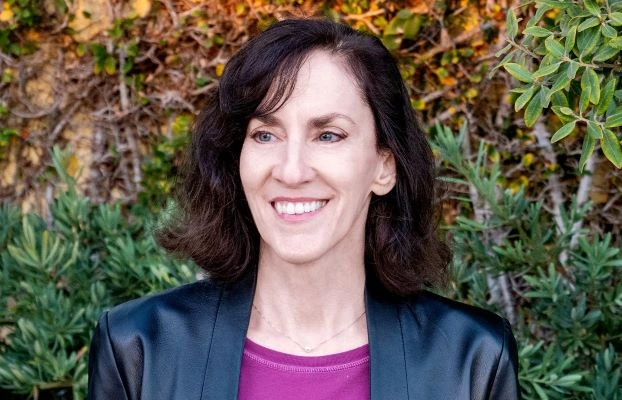Hypertext Magazine asked Jan Stinchcomb, author of Verushka, “How did you handle your villain?”
By Jan Stinchcomb
Carefully. There’s nothing like a good villain. As much as I fear Verushka, I desperately need her for the structure of the novel. Verushka is a multi-POV family novel with a young woman, Devon, at its center. The character of Verushka is the dark force threatening the survival of Devon’s family.
Do you remember book reports in elementary school and all the terms that help us to navigate stories? Hero, anti-hero, villain––any of these can be a protagonist. But I think labels like hero and villain are emotionally charged and stick with us for life. We look for these figures everywhere, not just in books, but at work, at intersections, and in the news; in our families. When we’re afraid or threatened, we tend to use words like hero and villain. We’re often cautioned against being too quick to villainize someone, and we’re told to choose our heroes carefully.
The first time I really fell for a villain was in a university class on Milton. The Satan of Paradise Lost is unforgettable. Blake thought the character was too successful, to the point where Milton ran the risk of taking Satan’s side, or seeming to. We had many passionate class discussions inspired by that particular villain, who has some of the best lines in literature. The rhetorical structure Milton employs, not to mention the Christian framework of his world, make it impossible for Satan to win. Paradise Lost made a lasting impression on me as a future writer of horror. My characters live in a turbulent secular world, which further complicates the question of evil.
My writing draws from more than one genre. This is true of many writers, but the business side of literature often wants us to pretend otherwise. In Verushka, mostly set in the modern world, I enter a territory that belongs to dark fairy tales and horror. Fairy tales are known for witches; horror has brought us many beloved monsters. When you’re writing horror, you can almost feel the audience out there craving an original monster. My villain, a survivor in her own right, emerges from a mysterious forest. She is dreadful and also very seductive. While I was writing, the temptation to let Verushka take over the book was incredible. While the book is named after her, the story is not hers alone. I hate to ask you to take sides, but you may feel you have no choice.
Jan Stinchcomb is the author of Verushka (JournalStone), The Kelping (Unnerving), The Blood Trail (Red Bird Chapbooks) and Find the Girl (Main Street Rag). Her stories have appeared in Bourbon Penn, The Horror Is Us (Mason Jar Press) and Menacing Hedge, among other places. A Pushcart nominee, she is featured in Best Microfiction 2020 and The Best Small Fictions 2018 & 2021. She lives in Southern California with her family and is an associate fiction editor for Atticus Review. Find her at janstinchcomb.com or on Twitter @janstinchcomb

